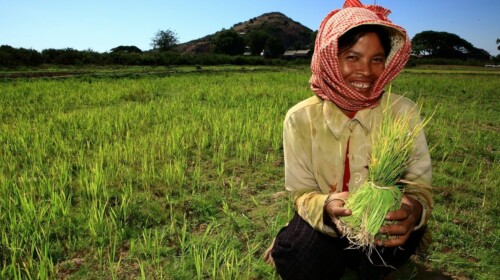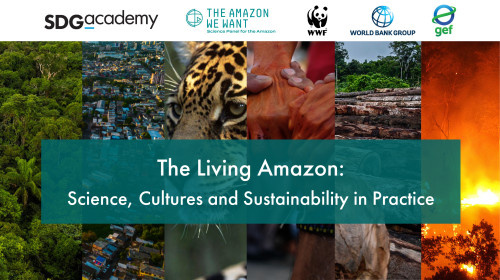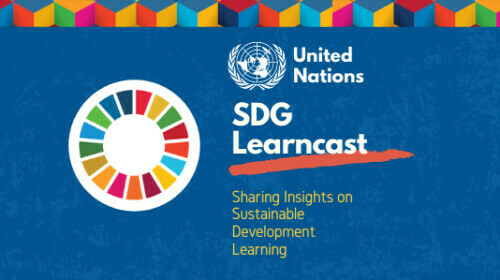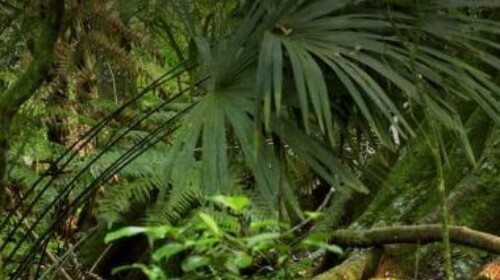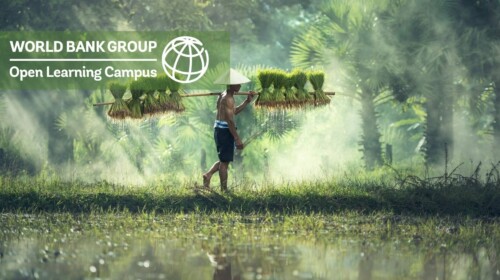Target Audience
This course is suitable for development worker, researcher, practitioner, student or anyone who is interested to learn more on gender intersection with economic and social aspects as well as the relationship of gender and environment.
Learning Objectives
You will learn
- How gender, in its intersection with other social and economic identities, shapes control of women and men, and their access to natural resources, and mediates their experiences to the impacts of environmental and climate change
- The relationship between gender and the environment in key sectors of natural resources management
- How to address gender inequality in political decisions over natural resources
- How to implement gender-transformative approaches in climate change adaptation and mitigation governance

